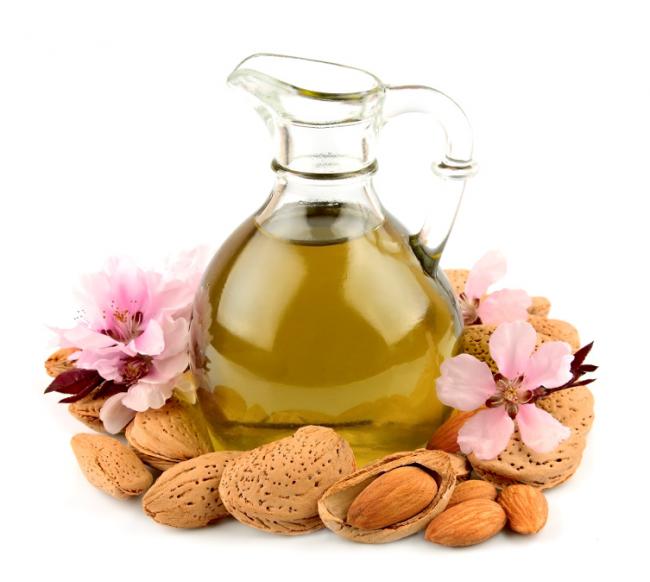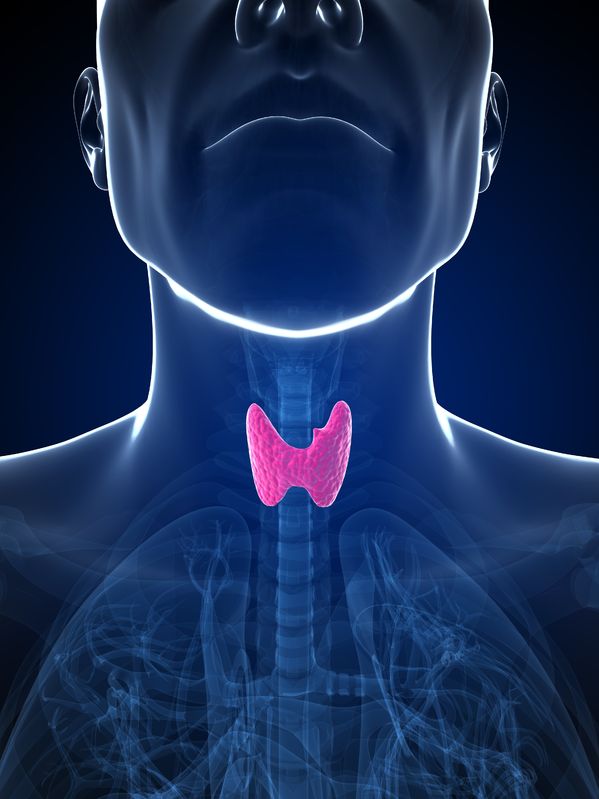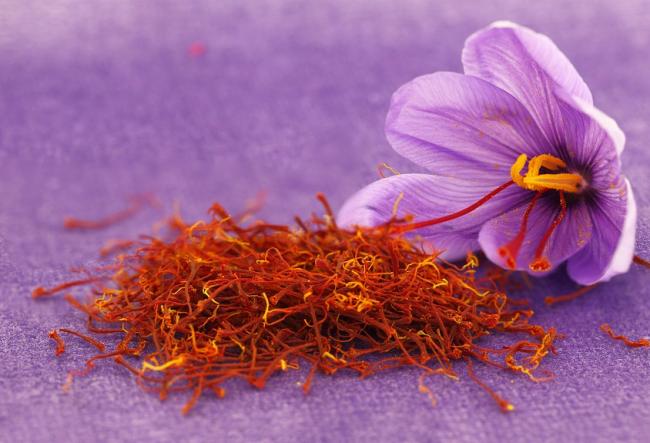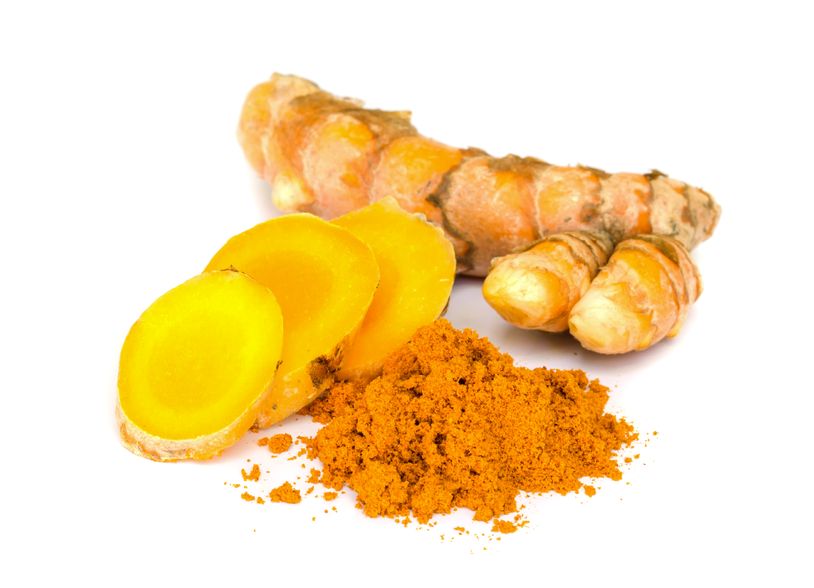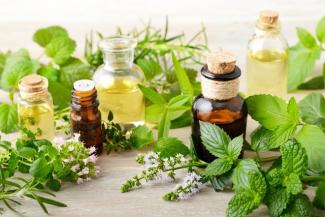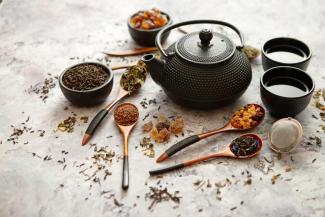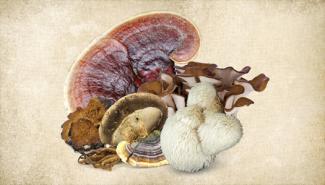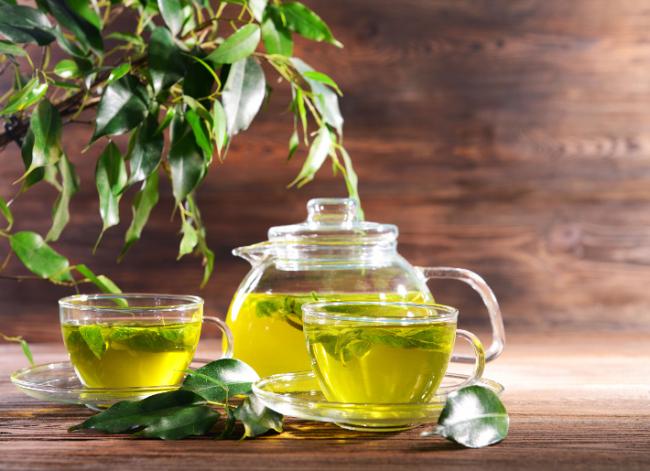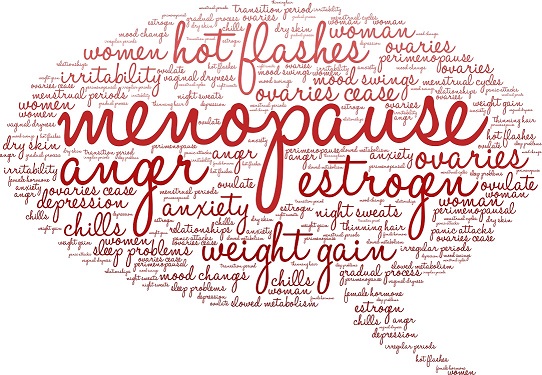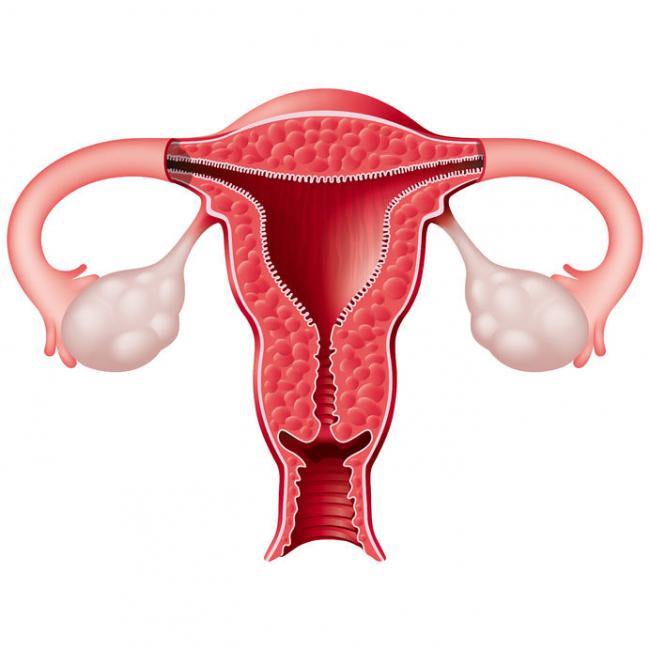Related Articles
- 15 Jun 21
Exotic plant oils are a prime example of topical skincare products retaining a deep and rich historical tradition of use across various regions and cultures. Their benefits are now being rediscovered and more firmly established through studies into their cutaneous effects.
- 11 Sep 14
 Feeling full quickly when eating, experiencing bloating during and after meals, or suffering from acid reflux may all be signs of low stomach acid – clinically referred to as hypochlorhydria. Hypochlorhydria occurs when the parietal cells in the gastric mucosa do not produce sufficient amounts of hydrochloric acid (HCl). There are numerous underlying causes of parietal dysfunction of psychological, physiological, and infective origin.
Feeling full quickly when eating, experiencing bloating during and after meals, or suffering from acid reflux may all be signs of low stomach acid – clinically referred to as hypochlorhydria. Hypochlorhydria occurs when the parietal cells in the gastric mucosa do not produce sufficient amounts of hydrochloric acid (HCl). There are numerous underlying causes of parietal dysfunction of psychological, physiological, and infective origin. - 11 Sep 17
- 05 Jun 14

Quercetin is a member of the flavonoid family of compounds. Flavonoids, sometimes referred to as bioflavonoids, are part of what give fruits and vegetables colour. Quercetin is more specifically a flavonol, which is a subclass of flavonoids. There are many subclasses of flavonoids, and within each subclass, there are many compounds. Quercetin is just one of the compounds in the flavonol subclass. The compounds in each subclass have a similar chemical structure.06 Nov 14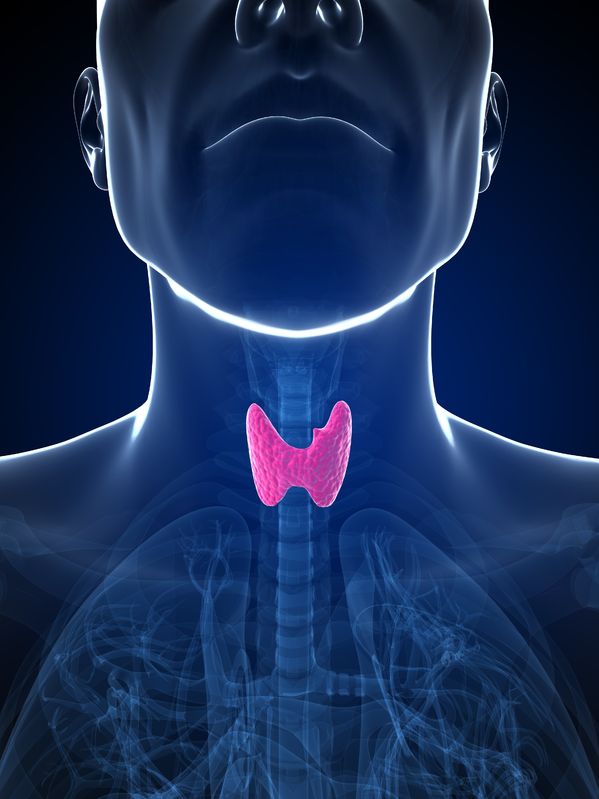 The thyroid gland is an endocrine organ responsible for metabolism in the body, regulating functions such as energy use, body temperature and heart rate. The thyroid gland first produces and secretes the hormone thyroxine (T4), generally an inactive hormone, which is then converted to its active form, triiodothyronine (T3).03 Jan 22
The thyroid gland is an endocrine organ responsible for metabolism in the body, regulating functions such as energy use, body temperature and heart rate. The thyroid gland first produces and secretes the hormone thyroxine (T4), generally an inactive hormone, which is then converted to its active form, triiodothyronine (T3).03 Jan 22A variety of natural agents are being explored for their use and applicability in the management of vitiligo, particularly in combination with conventional treatments such as phototherapy. Encompassing dietary, oral supplement, and even topical measures, we will explore a selection of such agents.
06 Oct 1603 Jan 14$path = isset($_GET['q']) ? $_GET['q'] : '
';
$link = url($path, array('absolute' => TRUE));$nid = arg(1);
if ($nid == 201401){
?>download pdf
}
?>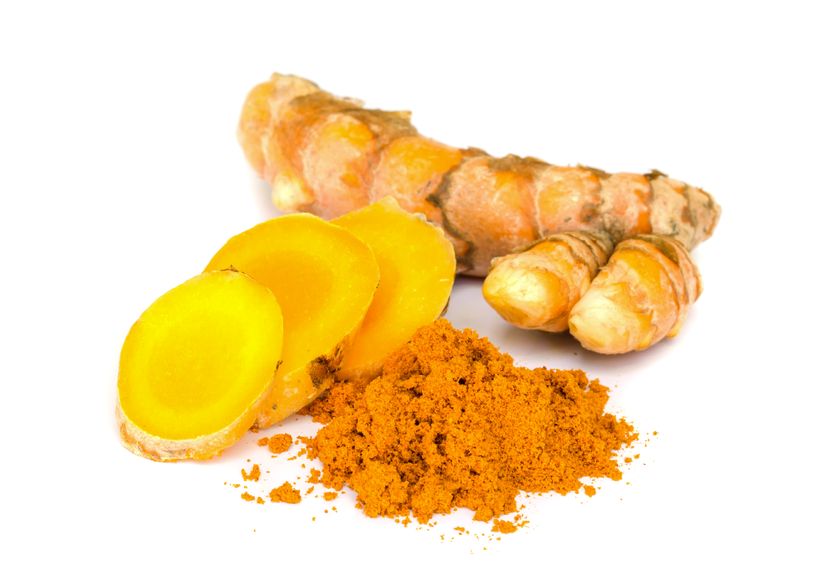 Turmeric is a golden-color spice widely used in South Eastern and Middle Eastern cooking. Besides being a popular spice, it is also an important herb used in many disciplines of medicine. The medicinal use of turmeric dates back to 4000 years ago in India. It takes on many different names: Indian saffron, haldi, rhizoma curcumae (jiang huang), asterre merite.
01 Oct 22
Turmeric is a golden-color spice widely used in South Eastern and Middle Eastern cooking. Besides being a popular spice, it is also an important herb used in many disciplines of medicine. The medicinal use of turmeric dates back to 4000 years ago in India. It takes on many different names: Indian saffron, haldi, rhizoma curcumae (jiang huang), asterre merite.
01 Oct 22Essential oils (EOs) are specialized molecules derived from plants located in distinct areas like reservoirs, glandular hairs, specialized cells, or the interstitial space of cells. They function as protection against bacteria and temperature variations. 1 They are derived from all parts of the plant like the leaves, flowers, buds, shoots, stalks, fruit, and even resins.
05 May 14 Alzheimer’s disease is a progressive brain disease that slowly eats away at memories and causes problems with thinking. As the degeneration progresses, it can lead to the inability to complete even simple tasks. Symptoms typically will begin to appear after the age of 60. Alzheimer’s is considered the most common cause of dementia, which means loss of cognitive functioning and the loss of some behavioural functioning.
05 Jul 19
Alzheimer’s disease is a progressive brain disease that slowly eats away at memories and causes problems with thinking. As the degeneration progresses, it can lead to the inability to complete even simple tasks. Symptoms typically will begin to appear after the age of 60. Alzheimer’s is considered the most common cause of dementia, which means loss of cognitive functioning and the loss of some behavioural functioning.
05 Jul 19The sun rises, you open your eyes, let out a big yawn, and finally decide to get out of bed. Your day has started. Breakfast is consumed… or not (but hopefully has been). E‑mails and social media feeds are all checked. Now it’s finally time to “get ready.” Ladies, before you step out the door, through to the time you go back to sleep, you are estimated to use 12 personal‑care products, containing over 180 ingredients. For the men, you are estimated at 6 personal‑care products containing roughly 85 ingredients.[1]
24 Sep 21A common concern presenting in general practice is hair loss. Hair is an integral aspect of our identity and feelings of self-esteem, and it offers an element of aesthetic expression for many. To see it recede or thin can be a challenging experience. This article will first review notable information pertaining to the hair physiology, along with key aspects relating to male and female patterns of hair loss (androgenic alopecia).
28 Apr 22A frequent and often frustrating challenge encountered in personal skin-care management is the experience of skin sensitivity. Compounding this situation is the notion of how, despite much recent research being directed toward its exploration, much is left unknown regarding this common cutaneous reaction.
22 Dec 20Tea and herbal teas have been historically used around the world by several cultures to raise their wellness in social meetups. The health-promoting advantages of teas have been discovered through many studies. Research shows that individuals who drink tea frequently have better cognitive function than those who do not drink tea.
28 Apr 22Diabetes will be one of the most challenging health problems in the 21st century. Currently, 8.8% of Canadians live with diabetes and six million Canadians have prediabetes. One in three Canadians is living with diabetes or prediabetes. Since 2000, the rate has increased by an average of 3.3% per year. Estimates suggest that, unless we intervene, one in three children born in 2000 will eventually develop diabetes.
07 Jan 22For centuries, mushrooms have been foraged and added to soups and stews for their robust nutritional profile. Fungi are much smarter than we think for what simple organisms they are.
13 Oct 15Green tea is a beverage made from the Camelia sinensis plant, a shrub native to Southern China that has been used through time for its many attributed benefits. It is of major cultural importance in Asia where it is known as China’s National Drink.
27 Aug 18Most women spend their entire lives waiting for their menstrual cycle to end. “No more discomfort!” we cry, thinking that this glorious time will bring cessation of all our hormone imbalances, headaches, skin concerns, bloating, mood swings, and of course risk of pregnancy.
06 Jun 1706 Jan 22Small intestinal bacterial overgrowth (SIBO) happens when overall bacterial population increases abnormally in the small intestine—especially types of bacteria not commonly found in that part of the digestive tract. Once they reside in the small intestine, they can cause numerous symptoms because they ferment foods like fibres and sugars, which would normally occur in the large intestine.
Newsletter
Most Popular
- 07 May 15
- 16 Jan 16
- 17 Jun 13
- 17 Jun 13
- 17 Jun 13
- 01 Jul 13
- 17 Jun 13
- 17 Jun 13
- 17 Jun 13
- 01 Jul 13
- 17 Jun 13
- 17 Jun 13
- 17 Jun 13
- 01 Jul 13


